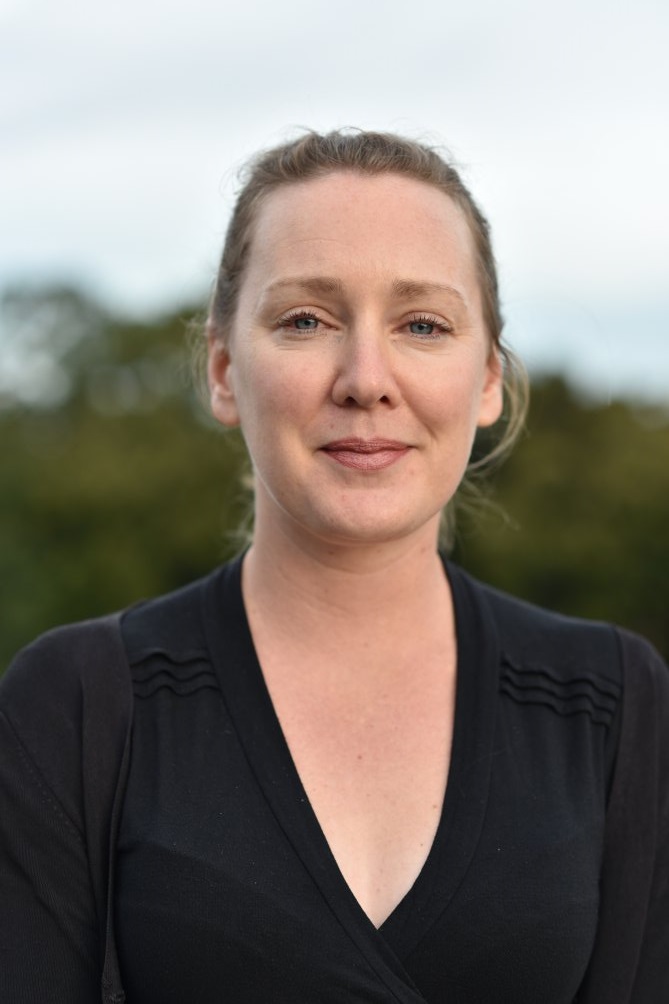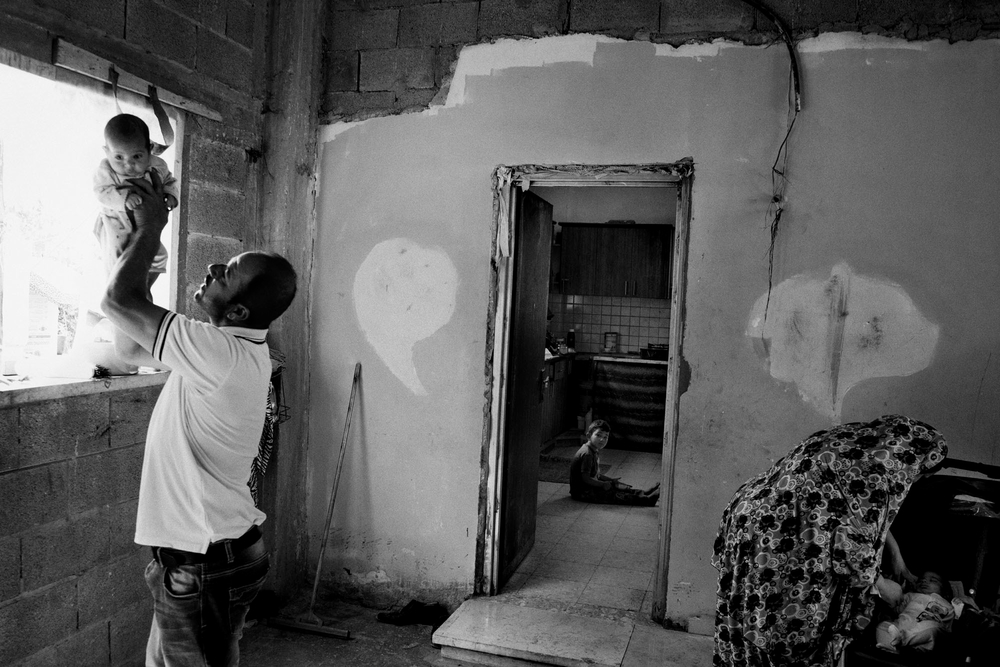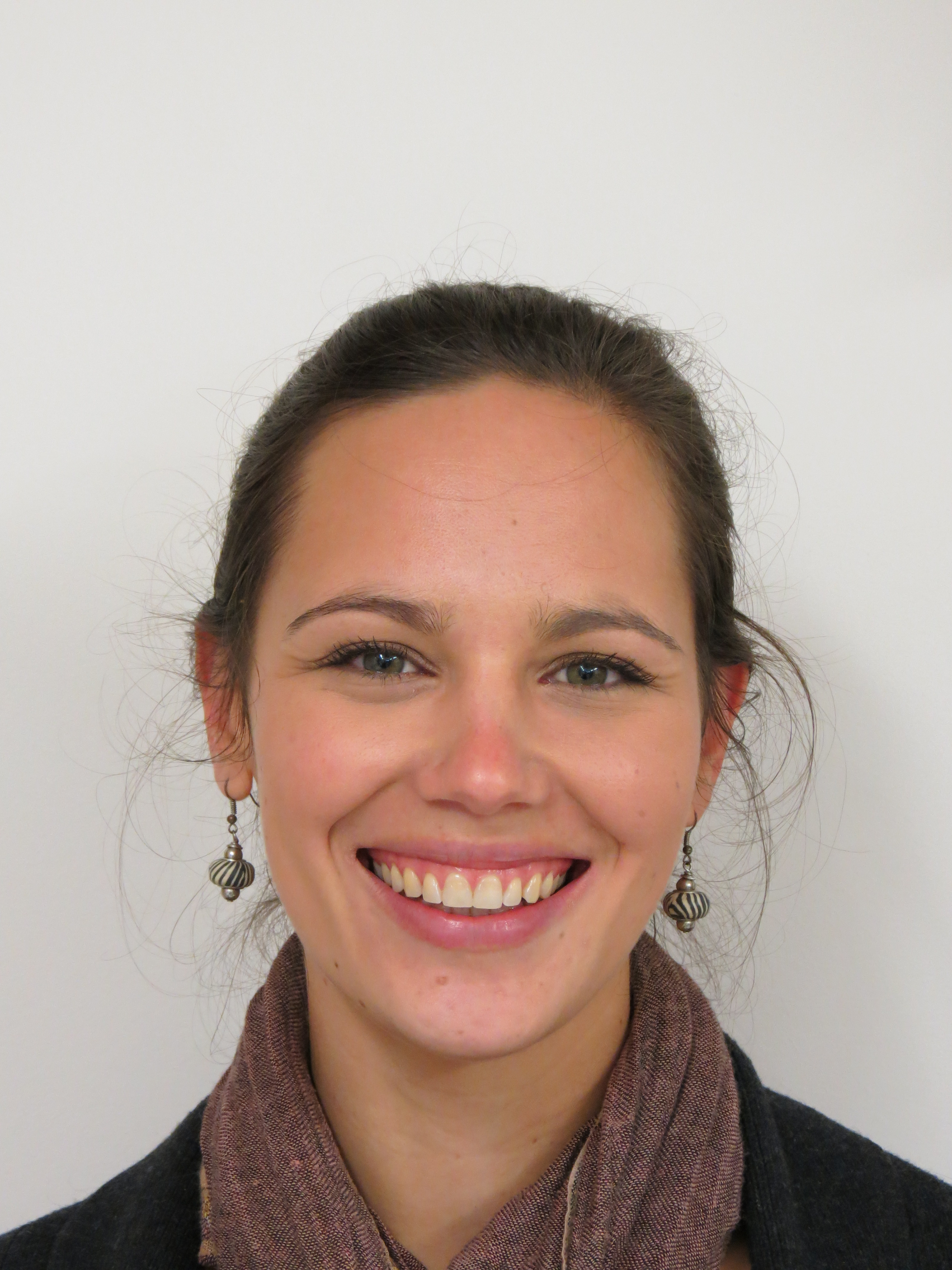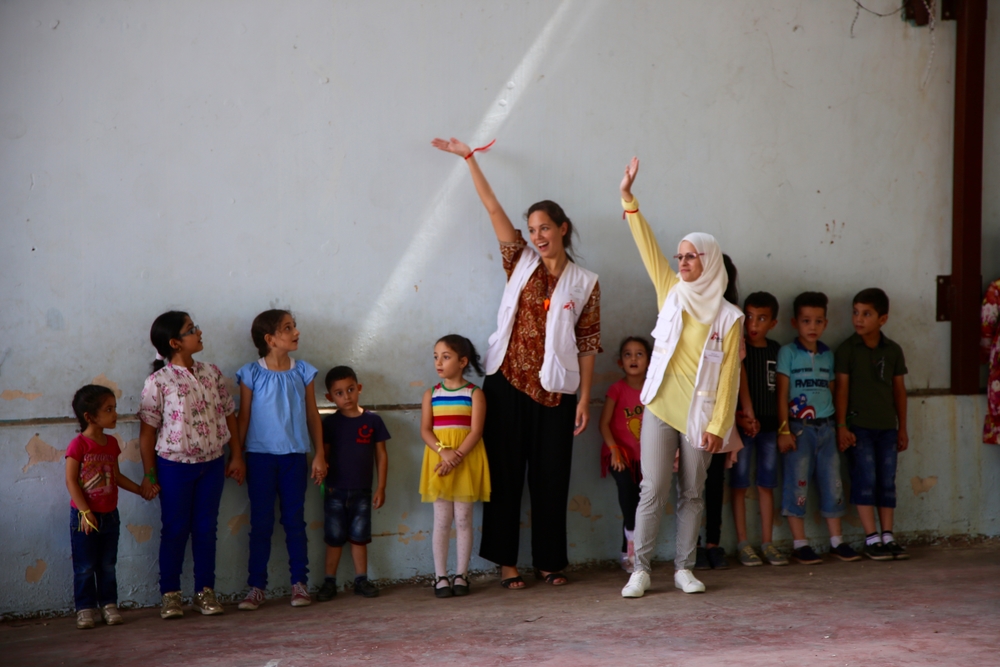Jennifer Craig, from Perth, is the project coordinator in Nablus.
“The city of Nablus is nestled in a valley between two steep hills – most of the time it is quiet, and when you are inside the city you can forget there is a military occupation. Go outside of the city, however, and you immediately see the Israeli army checkpoints. Sometimes there are army raids on the city at night. The people here live between moments of normality and moments of stress, and there is a constant sense of uncertainty. It is this situation that places an extra burden on some people’s mental health.
In the West Bank, MSF is working to support people experiencing trauma, grief and loss, as well as mental health diagnoses such as anxiety, depression and post-traumatic stress disorder. The ongoing occupation, poor economic situation and social pressures in this region contribute to high levels of these conditions among the people.




